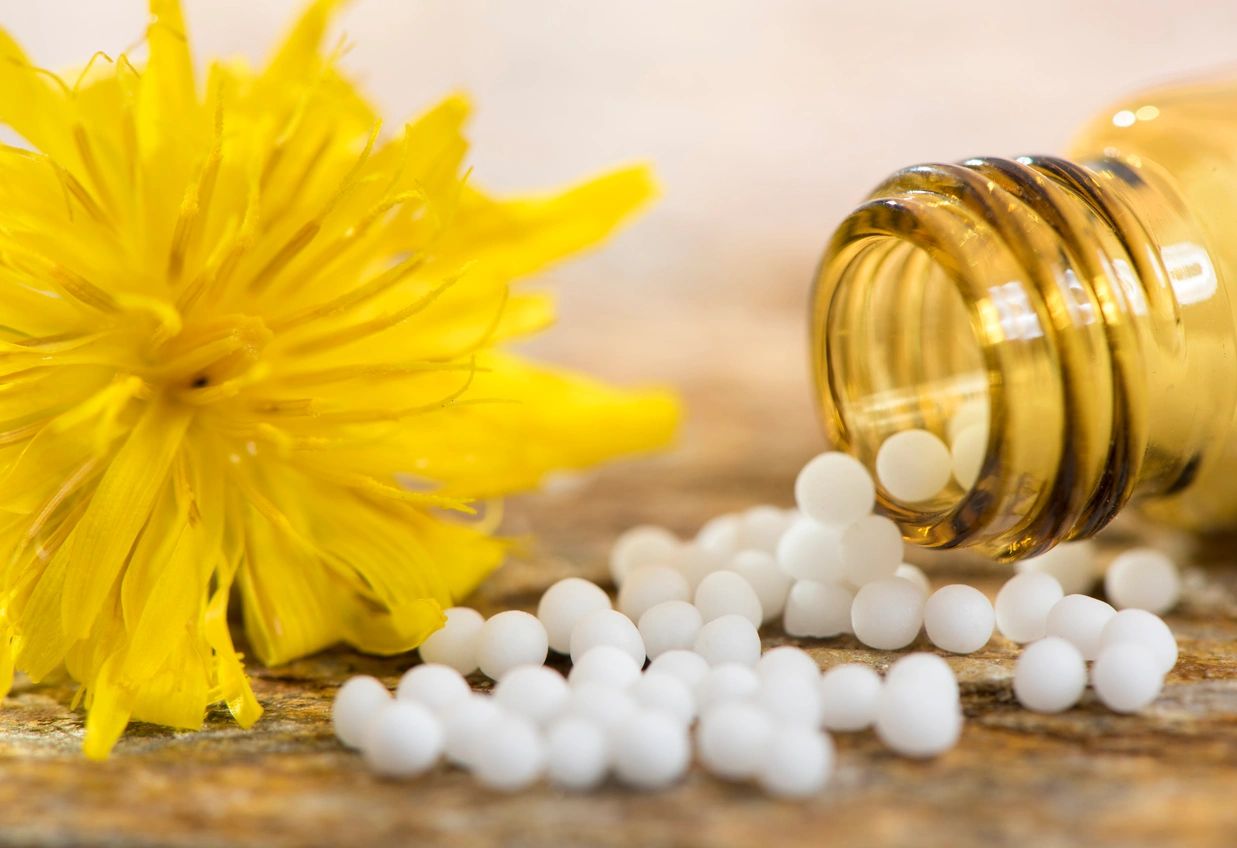Lying in bed, wide awake, I watched the clock. It was 3:00 a.m., and then 4:00 a.m. passed. Finally, around 5:00 a.m., I fell asleep– only to be awakened by my 5:30 alarm. I wearily climbed out of bed to begin my day.
Does this sound familiar?
During perimenopause, as our hormone production drops, our ability to fall asleep and stay asleep is often negatively impacted. Disruptions like night sweats, hot flashes, and frequent trips to the bathroom don’t help. These sleep changes can continue through menopause and beyond.
Good sleep hygiene practices can help. Exercising during the day, but not within three hours of bedtime, is beneficial for many. Avoiding caffeine and alcohol in the evening may help. Turning off electronics one to two hours before bed can signal the body that it is time to rest.
But what if you have good sleep practices, and you still cannot sleep?
Many menopausal and perimenopausal women choose the route of HRT or hormone replacement therapy. HRT can reduce hot flashes and improve overall sleep quality, but not every woman can or wants to use HRT.
How can menopausal women sleep without turning to HRT?
Three over-the-counter supplements have helped me achieve better sleep during my menopausal years. As with any supplement, check with your doctor before trying these.
CBD with Melatonin
My favorite go-to product is Charlotte’s Web Hemp Extract-Infused Gummies with Melatonin. CBD products are widely available in oil, lotion, gummy, and pet-friendly forms. CBD promotes a feeling of relaxation, and CBD, combined with melatonin, the body’s sleep hormone, can help you fall asleep and stay asleep. A serving size is two gummies, and a serving contains 20 mg of CBD and 3 mg of melatonin. I have had a great result with a half-dose. I take one gummy about 45 minutes before bed. According to the American Sleep Association, the melatonin dosage is important, and as little as half a milligram is effective in inducing sleep. Starting with ½ of a gummy would be wise until you know how the CBD and melatonin affect you. Melatonin supplements should not be used daily, but studies have shown them to be safe for short-term usage.
Magnesium Glycinate
The next natural product that I use to help with menopause-related sleeplessness is magnesium glycinate. Not to be confused with magnesium citrate, which helps with constipation, magnesium glycinate combines magnesium and the amino acid glycine, which has been shown to promote sleep. According to the Sleep Foundation, nearly 50% of Americans are deficient in magnesium. Low levels of magnesium are correlated with poor sleep. While melatonin is a hormone, magnesium is a nutrient. It is available in leafy greens, dairy, whole grains, and nuts. Research has shown that supplementing with 500 mg of magnesium before bed for eight weeks relieved insomnia in adult patients, including reducing incidents of early-morning wakefulness. Participants in the study experienced longer and more restful sleep.
I use Pure Encapsulations brand of magnesium glycinate because it is gluten-free, nut-free, and free of artificial colors and fillers.
Excess magnesium is eliminated through urine, but too much magnesium (or using the wrong kind) is associated with diarrhea and nausea. It is important to stay within the recommended dosage. Magnesium glycinate can interact with certain medications, such as antibiotics, so it is important to check with your doctor before taking this or any nutritional supplement.
Ashwagandha
Ashwagandha root extract is another alternative approach to relieve menopause-induced insomnia. Ashwagandha herbal therapy can improve your sleep efficiency. It is available in liquid, pill, and gummy form. At a dose of 300 mg, it can decrease the time to sleep onset, reduce night wakings, and improve your sleep quality. The use of ashwagandha root is an Ayurveda practice to help with insomnia and anxiety. Studies have shown that ashwagandha supplements relieve insomnia without reducing mental alertness the next day. The use of ashwagandha also lowered results on the Hamilton Anxiety Rating Scale.
I use Goli Nutrition ashwagandha gummies with vitamin D2. They are plant-based, gluten-free, and available at most grocery stores.
While generally safe in healthy adults, certain groups of women are not good candidates for using ashwagandha. If you have thyroid disease, especially hyperthyroidism, you should avoid ashwagandha. If you suffer from an autoimmune disease, ashwagandha can impact your already over-stimulated immune system.
Insomnia during menopause can affect both your physical and mental well-being. It can leave you exhausted, depressed, and on edge. You don’t have to suffer. Talk to your doctor today about trying one of these over-the-counter remedies.


Leave a Reply